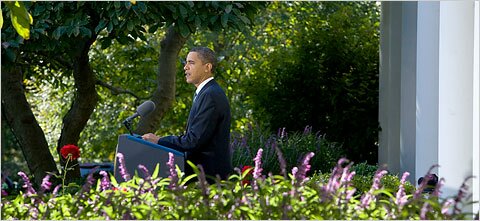By: Richard Skolnik
The use of conditional cash transfers (CCTs) is spreading. Originating in Mexico and Brazil, CCTs are incentive payments that governments make to people to encourage them to engage in selected programs, often in health or education. The payments are “conditional” on people’s participating in those program in an agreed way. CCTs are now used in a number of countries to promote better nutrition, improved health in young children, and safer pregnancy outcomes for mothers and children, among other goals. The evidence suggests that CCTs might be a cost-effective approach to improving a number of health outcomes, especially in settings where there are important social and economic constraints to people’s accessing key health services.
As the use of CCTs expands, I look forward to seeing more research on: the ethics of paying people for making certain choices; how to sustain the behavioral impacts of CCTs; how to pay for them; and how to retain community-based approaches to behavior change when appropriate.
It will be valuable to see more explicit attention paid to ethical issues related to cash incentives for poor people to engage in certain behaviors. To date, there does not appear to have been a systematic examination of them, either broadly or as they have played out in the CCT programs thus far. Ethicists are working with economists to address these questions and a seminar at Harvard in April on CCTs and ethics is a welcome step. Continue reading

